Recently, a group of young journalists, students of the Faculty of Journalism of Ivan Franko National University of Lviv, returned from an internship in the Polish city of Szczecin. They practiced on the radio and also told their partners in more detail about the Journalists’ Solidarity Center (JSC) and their role during the war. A two-week internship in Poland with the aim of improving skills for work in the joint Ukrainian-Polish information space was one of the results of the signing of the cooperation agreement between the Lviv and Szczecin universities.
Journalists visited NiUS student radio and UNIWIZA university television. Future professionals managed to gain useful experience in recording podcasts. They also tried themselves as radio and TV presenters. Students were told about the secrets of editing programs and how to work with professional television equipment.
Internship participants also listened to a master class by Ms. Beata, who talked about tools for self-presentation preparation. She shared tips on TV makeup and business card photography techniques.
“The training from Mrs. Beata was very interesting and, most importantly, practical. It was unusual to see myself from the side and be “analyzed” from head to toe. I would never have thought that loose hair or a bright manicure could distract the viewer. We were also told the secrets of how to “survive” in the face of great competition when there are no good angles for reporting. I liked the practical approach and real advice, which I will definitely use in the future,” said 3rd-year student Olha Rura.
During the trip, the students told more about the National Union of Journalists of Ukraine and the importance of the Journalists’ Solidarity Centers during the war. In particular, they emphasized that media workers are able to get protective equipment for missions to the front and shared tips from the Safety Guide issued with the assistance of UNESCO.
In addition, the future specialists visited the local radio station in Szczecin. They were given a tour of the office and studio, and an interview was recorded with them about the war in Ukraine about their feelings about the full-scale aggression.
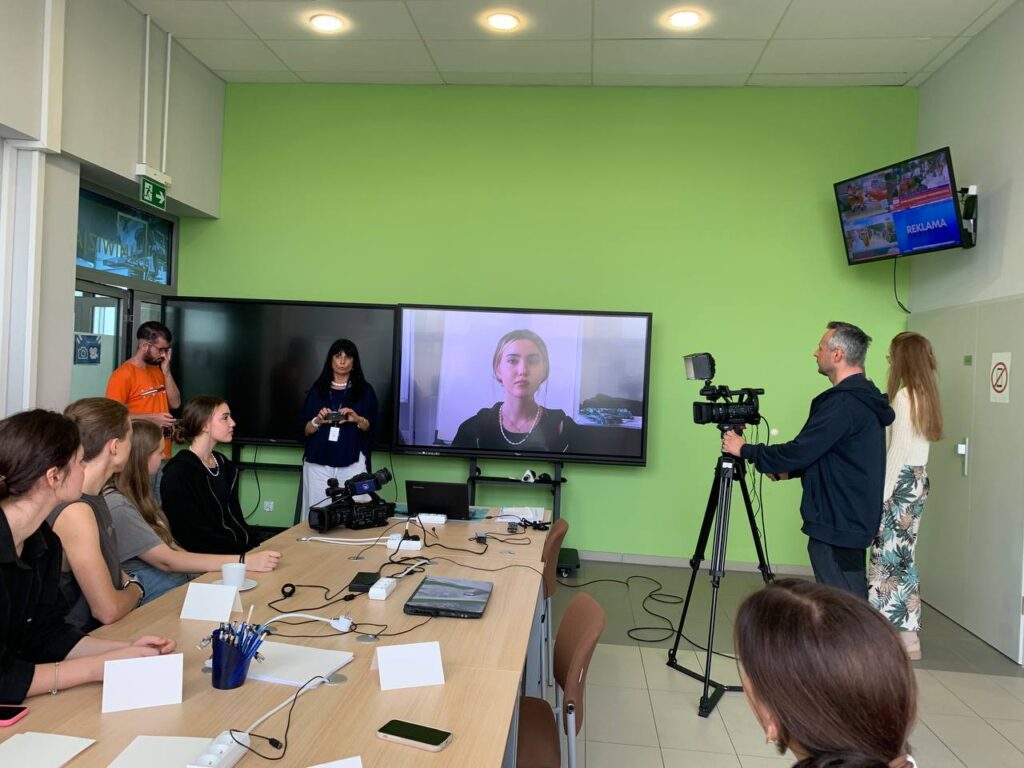
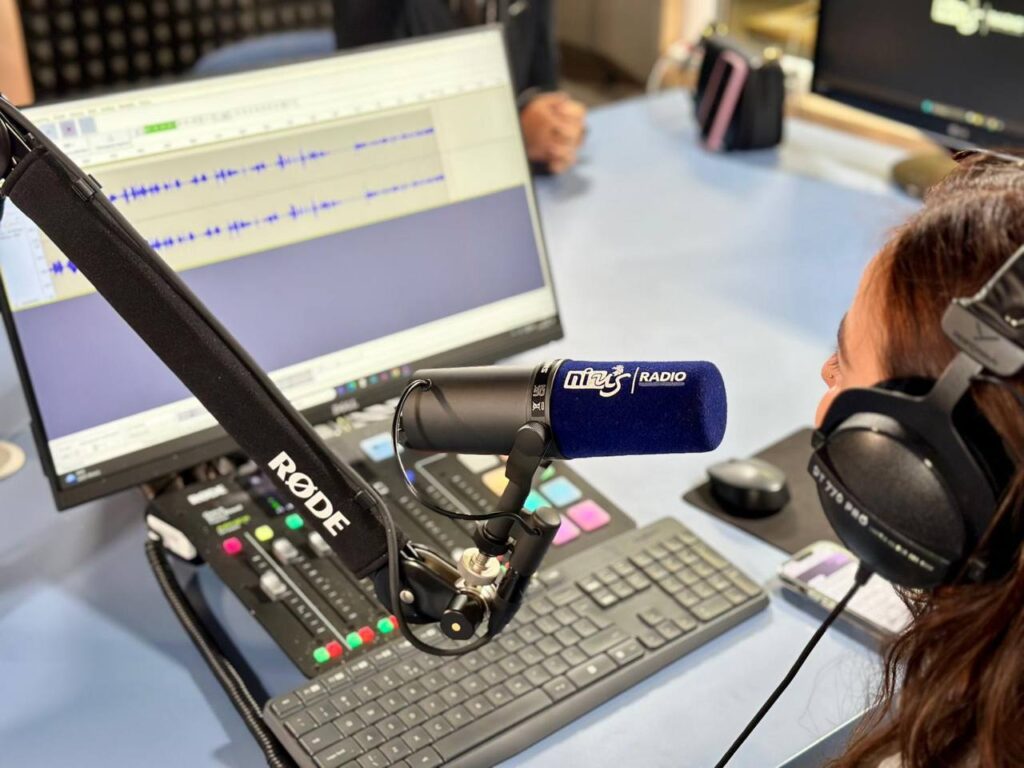
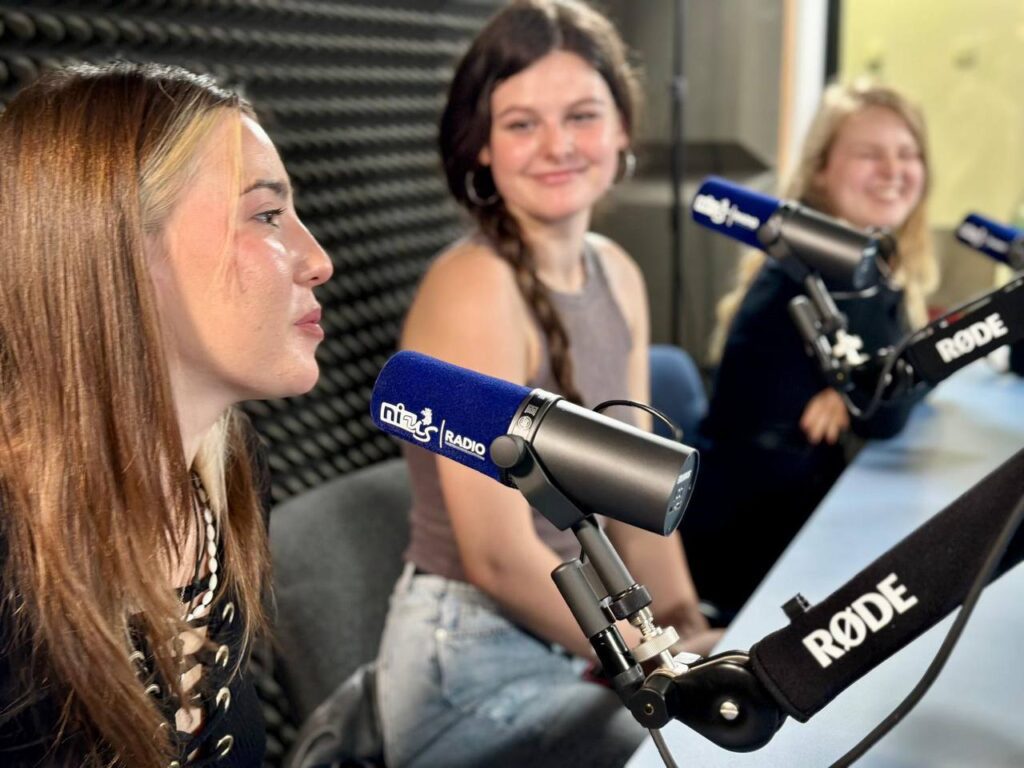
“There was no language barrier as such, as we understood everything. And if there were difficulties, assistant professor Myroslava Rudyk, who accompanied us, helped us understand each other. I left many pleasant impressions; I would love to go again,” said Viktoriya Stiyosova, an internship participant.
The program was very rich. The students also had time to meet representatives of the Ukrainian minority in Szczecin. They talked with members of the diaspora, which actively holds meetings and helps Ukrainians in Poland.
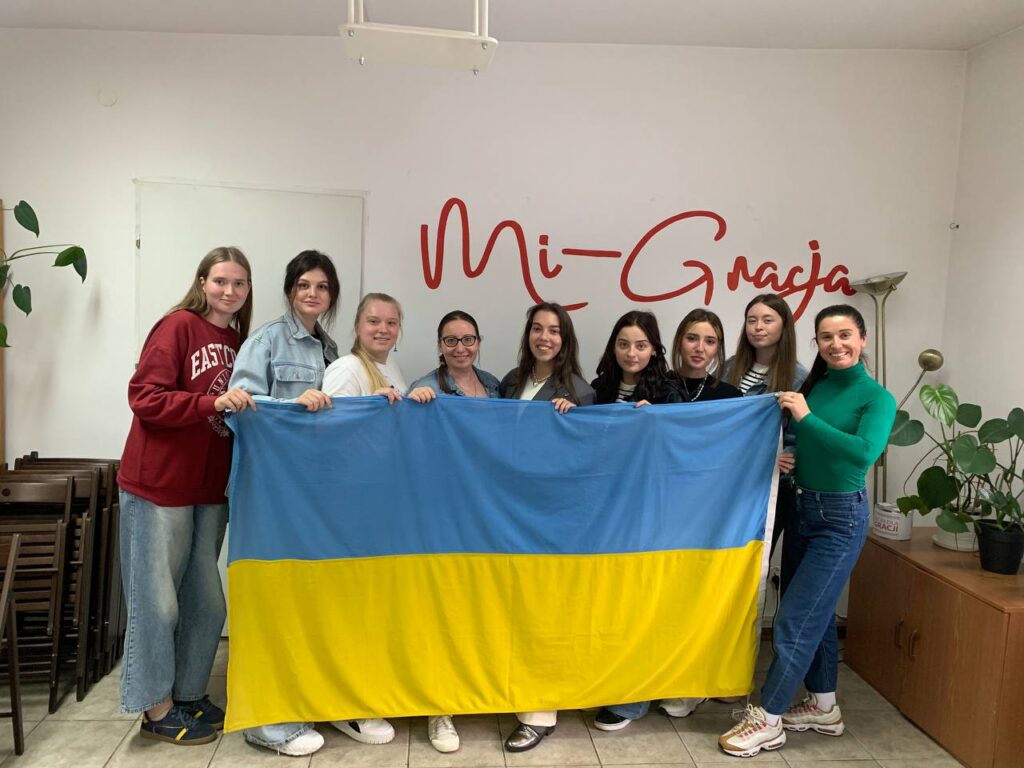
Call the Western Ukrainian JSC Lviv-Chernivtsi at 097 907 9702 (Nataliya Voitovych, the Lviv JSC coordinator, Volodymyr Bober, an assistant). The Center’s address is 5 Solomiyi Krushelnytskoyi Street.
ABOUT JSC
The Journalists’ Solidarity Centers is an initiative of the NUJU implemented with the support of the International and European Federations of Journalists and UNESCO. The initiative is designated to help media representatives working in Ukraine during the war. The Centers operate in Kyiv, Lviv, Ivano-Frankivsk, Chernivtsi, Zaporizhzhia, and Dnipro and provide journalists with organizational, technical, legal, psychological, and other types of assistance.
ABOUT UNESCO
UNESCO is the United Nations Educational, Scientific, and Cultural Organization. It contributes to peace and security by promoting international cooperation in education, sciences, culture, communication, and information. UNESCO promotes knowledge sharing and the free flow of ideas to accelerate mutual understanding. It is the coordinator of the UN Action Plan on the Safety of Journalists and the Issue of Impunity, which aims to create a free and safe environment for journalists and media workers, thus strengthening peace, democracy, and sustainable development worldwide. UNESCO is working closely with its partner organizations in Ukraine to provide support to journalists on the ground.
The designations employed and the presentation of material throughout this digest do not imply the expression of any opinion whatsoever on the part of UNESCO concerning the legal status of any country, territory, city, or area or its authorities or concerning the delimitation of its frontiers or boundaries.
The authors are responsible for the choice and the presentation of the facts contained in this digest and for the opinions expressed therein, which are not necessarily those of UNESCO and do not commit to the organization.
Dariya Markova

 THE NATIONAL UNION OF
JOURNALISTS OF UKRAINE
THE NATIONAL UNION OF
JOURNALISTS OF UKRAINE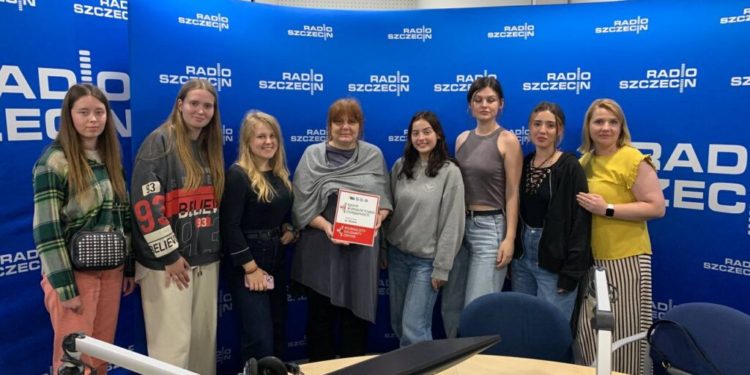
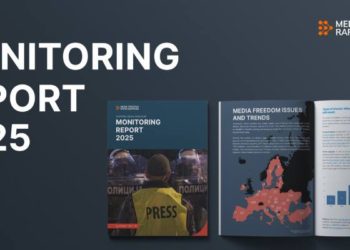
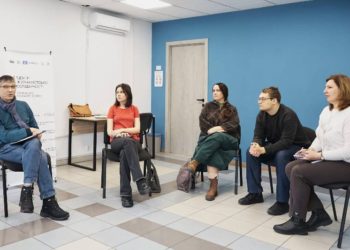
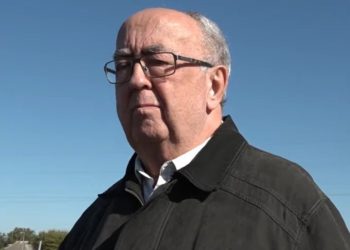













Discussion about this post